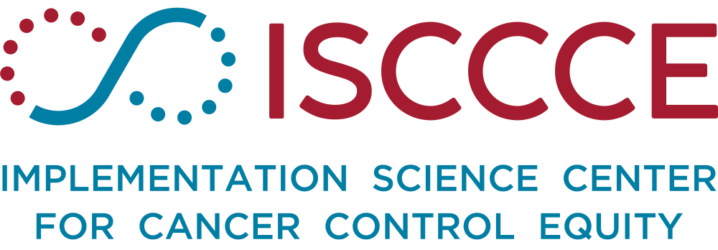Project Summary: Systems science is a field of study that focuses on systems, relationships between components of the system, and how the system structure relates to behaviors and outcomes. These methods are quite relevant for implementation science, where relationships, dynamics, and context are crucial. Major methods within the field include network analysis, system dynamics modeling, and agent-based modeling, and the field has a history of emphasizing participatory research, where researchers and practitioners work together on systems science projects.
Examples of traditional outputs from participatory systems science projects include network graphs of relationships between stakeholders or projections of health outcomes under different policy scenarios via simulation models. However, there is often additional insight and learning gained by partners and researchers throughout the participatory process, which often requires significant time and resources.
These process benefits have been mentioned in prior literature. For example, participants may learn more about the system they are seeking to implement within, understand their own knowledge gaps and implicit assumptions, and better consider what tradeoffs they were (or were not) willing to make when planning for implementation. A formal understanding of these benefits can help promote implementation researcher and practitioner buy-in to participatory systems science methods because they will be able to see the benefits of the participatory systems science process itself, above and beyond the traditional outputs. Therefore, we aim to identify and collate the process benefits of participatory systems science for the implementation and dissemination research.
Project Lead: Natalie Riva Smith
Co-investigators: Stephanie Mazzucca-Ragan (WU ISCCC)
